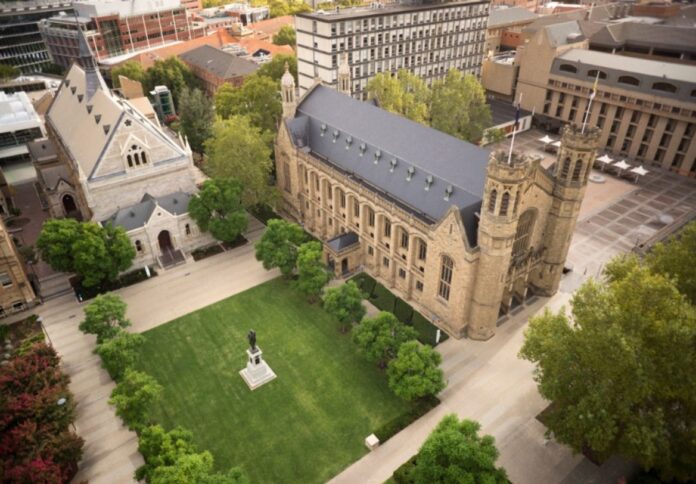
In the upcoming Research Tuesdays event, titled “Breathe Easier,” the University of Adelaide is set to showcase pioneering research in lung health monitoring, emphasising the pressing need for advanced tools to assess one of the body’s vital organs.
Associate Professor David Parsons, a leading figure in cystic fibrosis research at the Adelaide Medical School, highlighted the critical importance of refining lung monitoring tools.
He underscored that despite humans taking around 670 million breaths in a lifetime, existing monitoring tools, such as spirometry and CT scans, lack the precision needed for early detection of conditions like cystic fibrosis.
“Despite this, the tools we currently use when monitoring the lung are in dire need of advancement. For instance, with conditions like cystic fibrosis, early detection of changes in lung function means that a lifetime of complications may be avoided,” noted Parsons.
He added, “With the current limitations of detection tests such as spirometry and CT scans, early-stage disease in young children often goes undetected, robbing them of a chance at preventative treatments.”
To address the limitations, researchers from the University of Adelaide are spearheading advancements in X-ray Velocimetry (XV) technology.
Associate Professor Martin Donnelley, also from the Adelaide Medical School, explained that XV allows not only the capture of lung images but also the visualisation of dynamic lung movement, promising unparalleled precision in assessing lung health.
“This novel approach, now commercialised by 4DMedical, has paved the way for individualised, targeted treatments and enhanced lung health monitoring,” stated Donnelley.
“As XV diagnostics roll out, we stand at the precipice of a new era in lung health measurement,” the professor added.
To delve deeper into this technology, Associate Professors Donnelley and Parsons will present at the Research Tuesdays event.
Professor Donnelley serves as the Leader of the Respiratory X-ray Imaging Laboratory and Co-Director of the Cystic Fibrosis Airway Research Group.
His teams specialise in X-ray imaging methodologies for evaluating and monitoring airway and lung health, alongside the development of effective airway gene therapies for cystic fibrosis.
Meanwhile, Associate Professor David Parsons, the head of the Adelaide Cystic Fibrosis Gene Therapy Group at the Robinson Research Institute, will bring his expertise as an Affiliate Senior Lecturer in the Discipline of Paediatrics at the University of Adelaide.
He leads the Cystic Fibrosis Stream at the Children’s Research Centre and holds the position of Chief Medical Scientist in the Department of Respiratory and Sleep Medicine at the Women’s and Children’s Hospital.
With a dedicated career spanning 25 years focused on eradicating cystic fibrosis airway disease, Parsons has received multiple Service Excellence Awards for his innovative contributions.
Given the immense popularity of the Research Tuesdays lecture series, prospective attendees are strongly encouraged to register early for the in-person event.
Additionally, the talk will be accessible for online streaming, providing a broader audience with the opportunity to engage with this cutting-edge research.
The event, which will take place at The Braggs Building, situated on the North Terrace campus of The University of Adelaide, is scheduled for Tuesday, 14 November 2023, from 5:30 to 6:30 pm.
For attendance, interested individuals can secure an in-person ticket or opt for online participation by registering for the webinar.















